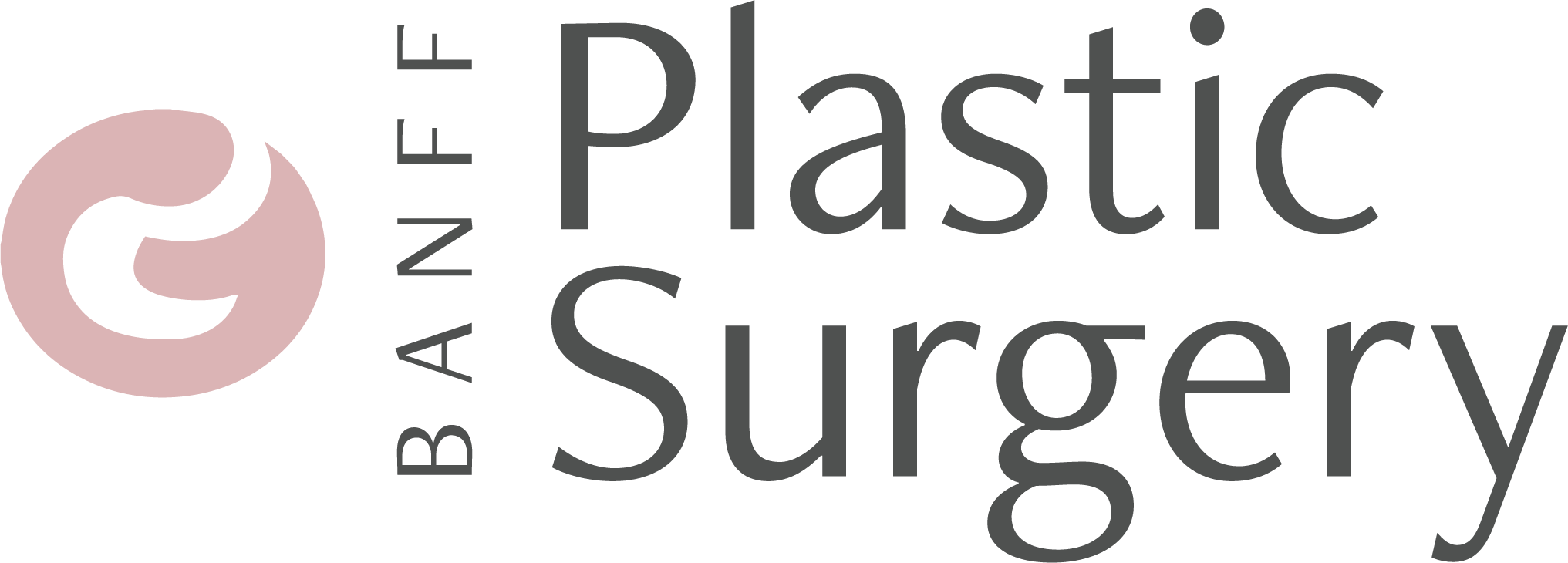
What Is Breast Implant Illness?
May 16, 2019
As a doctor, it is frustrating to see patients questioning whether they should have breast implants or considering having their breast implants removed due to fears about breast implant illness. In many cases, it is a lack of information — or misinformation on the internet — that are driving these concerns and causing women undue stress and alarm. I want to be clear: some women have reported experiencing unwanted symptoms after having breast implant surgery, and in every one of those cases, women should be heard, believed and diagnosed to determine the cause of these concerns. However, diagnosis of these symptoms is complex for many reasons.
Today, doctors are still studying these issues and trying to understand their potential causes, whether breast implants are involved, and if so, how. However, while the medical community continues their research, women can take comfort in the fact that breast implant surgery is one of the oldest, most well understood and safest cosmetic procedures available, and the majority of patients have a safe surgery and enjoy all of its benefits — among them, greater satisfaction with their appearance and improved confidence. Let’s look at the facts surroundings breast implant illness now so women can have a better understanding of the issue and make the best choice for them whatever their current situation.
What are the possible symptoms of breast implant illness?
Although breast implant illness is currently being actively studied by the medical community, as yet, there is no consensus about which symptoms present with BII. Women have self-reported over 60 symptoms which they attribute to BII, with the primary concerns being:
- Anaplastic large cell lymphoma (ALCL) — a rare cancer of immune system cells
- Capsular contracture — firm scar tissue which forms around an implant after breast pocket placement
- Chronic fatigue syndrome
- Cognitive issues
- Muscle pain around the implants
- Thyroid problems
While scientists are also still trying to identify the potential pathways from breast implants to these possible symptoms, it is believed that women may experience problems as a result of:
- Breast implant breakage or rupture
- Breast implant micro-leakage (release of small amounts of silicone outside the shell)
- Silicone leakage to the lymphatic system
What has the scientific community said about breast implant illness?
Breast implant illness is as yet not fully understood. While major studies have been conducted on the issue, they have had many problems. For example:
- Many studies have not lasted long enough to record problems women may have had with their breast implants if those problems occurred long after their surgery.
- Current research has also heavily relied on the self-reporting of symptoms by women rather than medical diagnoses performed by a trained physician.
- Further, existing studies did not include adequate controls to verify the symptoms reported by patients or follow-up with them later to determine a diagnosis.
The last point is important because at least some of the symptoms reported by women could have developed due to other medical conditions. The medical community continues to work towards establishing a clear and conclusive link between breast implants and BII through ongoing studies, but those studies are not yet complete.
What have manufacturers done to make breast implant safer?
Despite the lack of conclusive evidence linking breast implants and BII, breast implant manufacturers have continued to make improvements to their devices to make them safer, and the technology involved in making breast implants has advanced significantly and continues to evolve. However, some implants will still develop flaws in the envelope, and the silicone gel may leak out, but today, the gel is more cohesive, and implants do not “leak” like those from the 1980s did. While implants have greatly improved, they are still not perfect.
The FDA has also taken steps to protect women from potential harm and better understand health problems potentially linked to breast implant devices. Recently, the agency has required two of the leading breast implant producers to continue comprehensive studies on the safety of their products. These new studies should produce the type of evidence which has been lacking to date and is needed to dispel the myths and give women the accurate and clinically-proven information they need to make an informed choice about their implants.
What can women do now to combat breast implant illness?
If a woman has breast implants and is currently experiencing issues, implant removal is an option, but not before Dr. Hall-Findlay examines your concerns and experience in detail and has all the information she needs to make the most appropriate recommendation for your specific circumstances. This is a fundamental part of the careful, caring and informed approach that Banff Plastic Surgery takes with all of its patients. Our ultimate goal is to resolve the problems you have, whether through breast implant removal or an alternative treatment if that will provide better results. In some circumstances, such as capsular contracture, implant removal may be the best option, but each patient and situation is unique. We want you to get better! At Banff Plastic Surgery, we want to help you to be as healthy as possible and have the most comfortable and safe surgery. To achieve this result, we are constantly trying to improve all aspects of your experience with our practice. We want you to have complete information prior to your surgery, and in the unlikely event of problems, we want to help you get better as quickly as possible, too. At Banff Plastic Surgery, you are the decision-maker, and we want to help you make the most fully-informed choice and the one that will be in your greatest interest long term.
We're Worth the Trip
To learn more about our practice or the services we offer, contact Banff Plastic Surgery today at 403-762-2055.
Address
#217, 304 Old Canmore Road
Canmore, Alberta T1W 0J7
